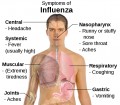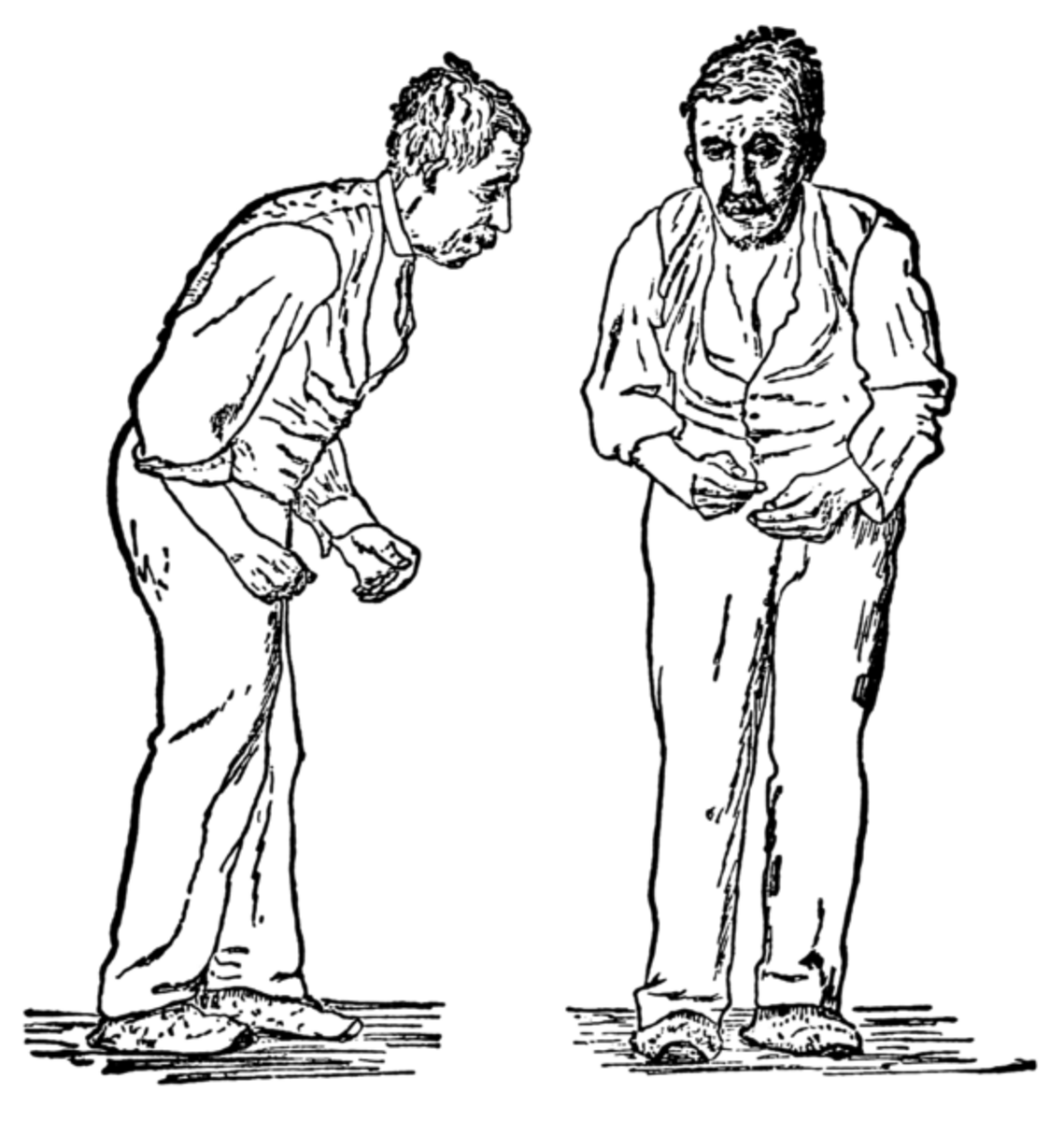How to Avoid the Flu
Are you one of those individuals that shiver from the thought of being next to somebody sneezing? Do you obsessively wash your hands right after a hand shake? Do you purchase products to boost your immunity when traveling on airplanes or simply frequenting crowded places? Well, if you said yes to any of the above, you may find interesting learning about how long people are contagious with the flu.
The flu is a respiratory condition caused by the influenza virus. According to CDC each year approximately 200,000 of people get hospitalized and about 36,000 die from complications. Common complications can be as serious as bacterial pneumonia, severe dehydration, and the aggravation of certain chronic medical conditions such as congestive heart failure, diabetes or asthma. The flu therefore, is something to not be taken lightly. For this very reason, those with a poor immune system and senior citizens should be encouraged to get vaccinated against the flu.
Flu outbreaks typically tend to occur in the months between November and March. The disease is easily spread through crowded communities where a lot of people gather together. The flu is highly contagious and transmission occurs when bacteria are released in the air through a cough or a sneeze. In order for the transmission to be effective one must inhale these airborne particles or touch a contaminated surface. Airborne flu particles may be effectively propelled for even up to 3 feet.
Avoiding such airborne particles may be challenging without wearing a surgical mask. However, avoiding the contaminated surfaces may be an easier task. Common contaminated surfaces may be hands, door knobs, light switches, telephones, computer desks, keyboards and hand rails. Should avoiding such surfaces be unavoidable prompt hand washing with soap may be the key in avoiding the flu. It is vital not to touch the face in general, nose, mouth or eyes before properly washing the hands.
A problem for people trying to avoid the flu is the fact that many times people are contagious prior to exhibiting symptoms. This is one good explanation of how the virus successfully spreads worldwide. However, avoiding people with the flu is still good practice as they may be contagious up to five days after coming up with the flu symptoms. However, those with a weakened immune system and seniors may be contagious for even more than one week.
For those particularly concerned about getting you can ask your physician about some special antiviral medications that may prevent you from becoming sick upon being exposed. Such medications must be given through promptly upon exposure. Common antiviral medications are: Tamiflu, Relenza and Flumadine. In some cases, antiviral medications may be given for the entire flu season if you are considered high risk for getting seriously ill but yet was unable to get the flu shot.
As seen, when it comes to getting the flu, there is often not much you can really do. Refraining from coming into contact with infected people and contaminated surfaces along with proper handwashing may be somewhat helpful.








